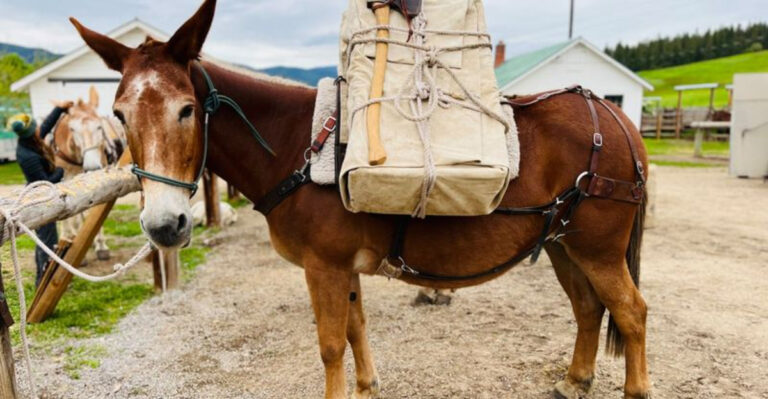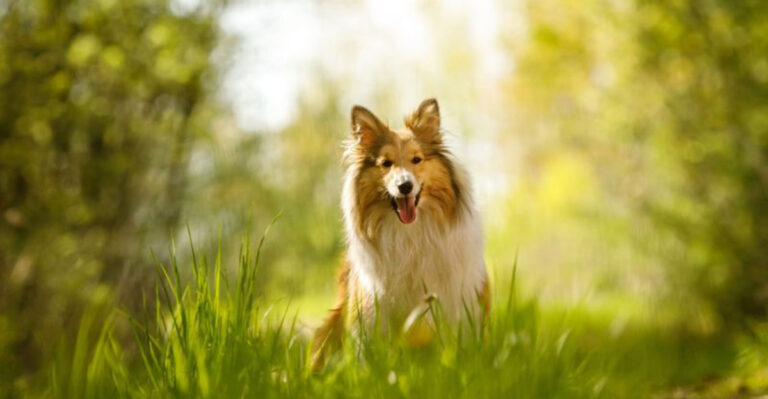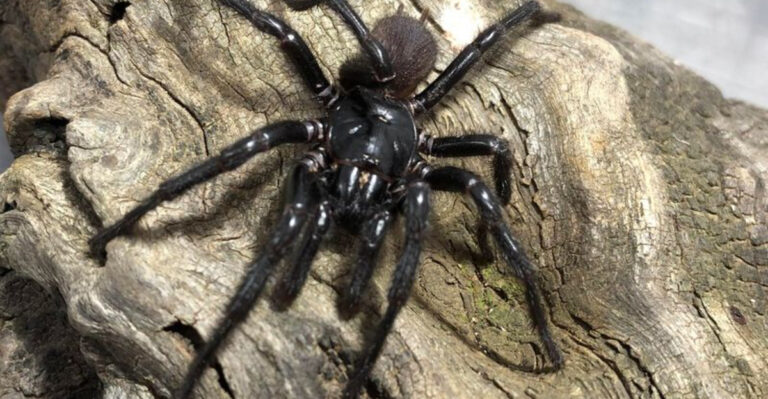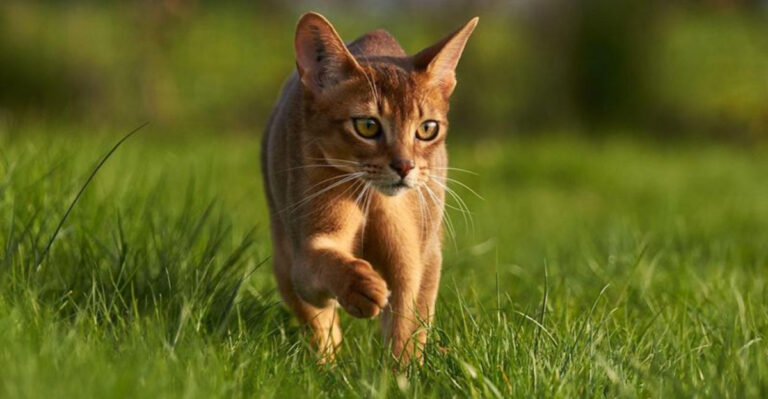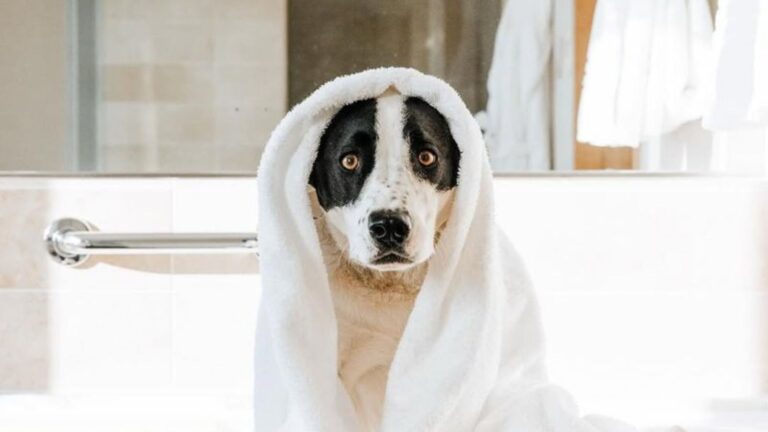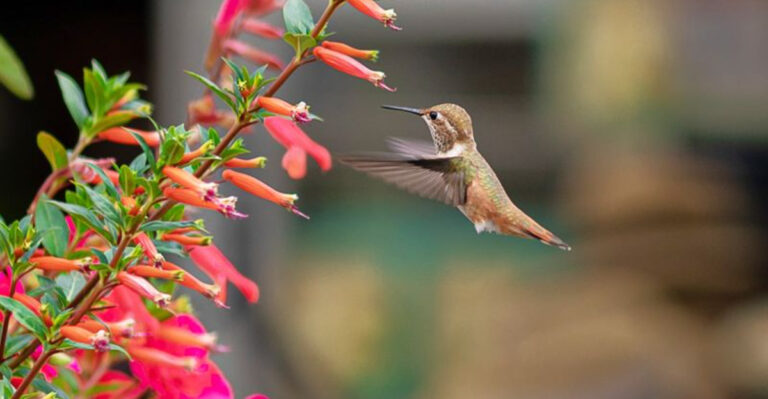16 Cute Dog Breeds With The Most Unexpected Aggression Issues
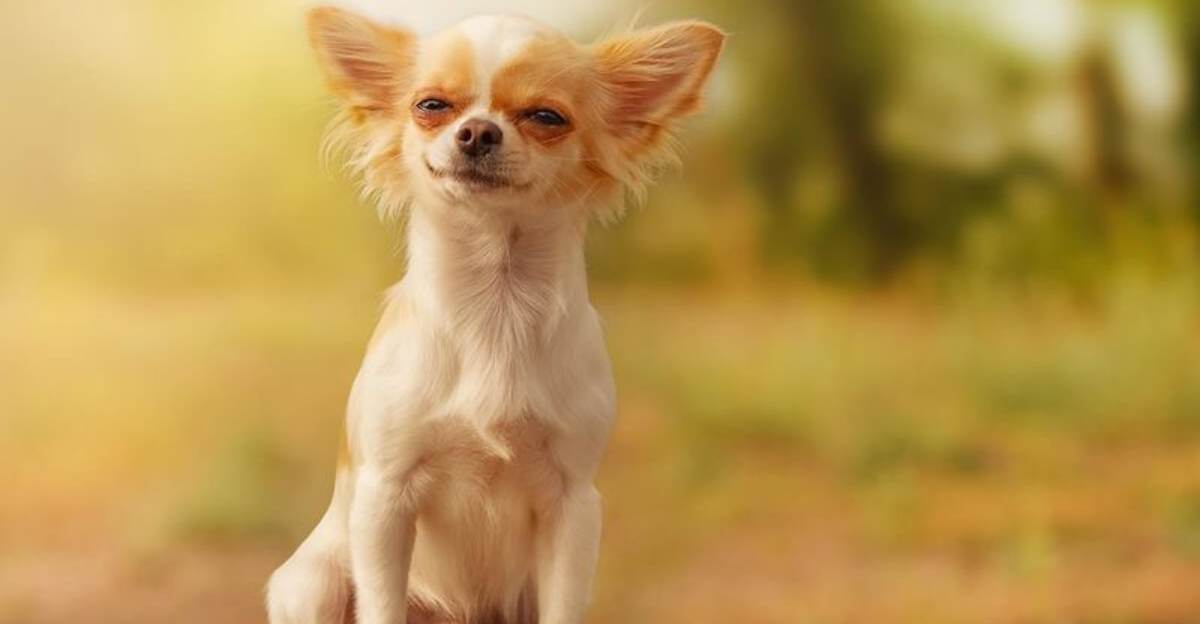
Dogs are often considered man’s best friend, but some breeds might surprise you with their unexpected aggression issues. While these breeds are undeniably cute, their behavior can sometimes be unpredictable.
Understanding these tendencies is crucial for current and prospective dog owners. Here, we explore adorable dog breeds that might catch you off guard with their aggression, providing insights into their behaviors and how to manage them.
1. Dachshund
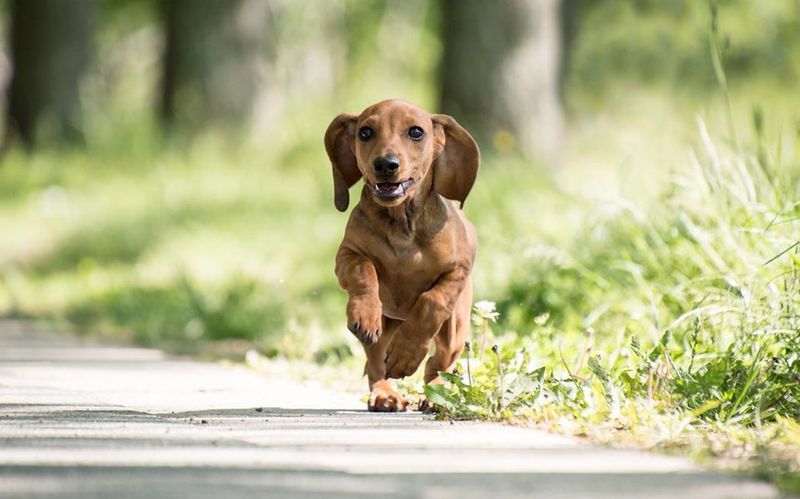
Dachshunds, with their long bodies and short legs, are known for their spirited personalities. However, they can display aggression if not socialized properly. Their history as hunting dogs means they have a strong prey drive, which can sometimes be mistaken for aggression.
Providing them with mental and physical stimulation helps in balancing their nature. Dachshunds thrive in environments where they feel secure and loved, turning potential aggression into affection.
2. Chihuahua
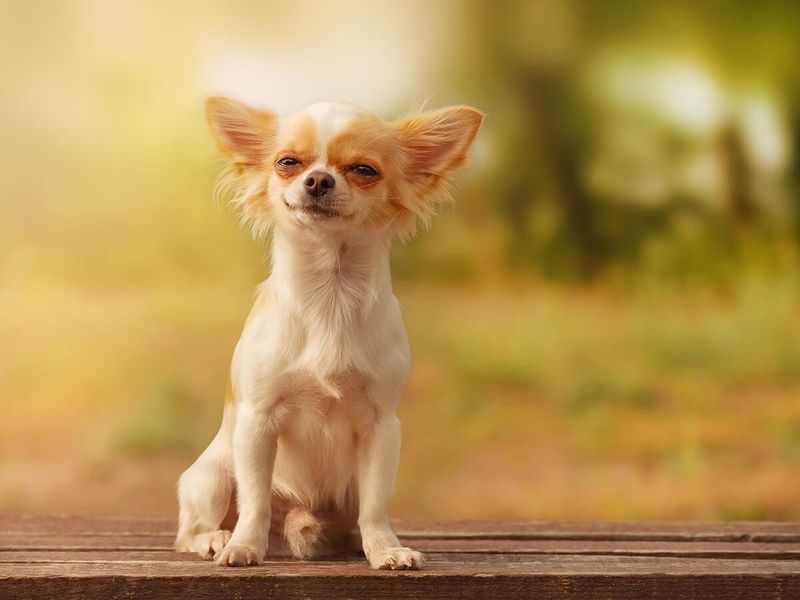
Chihuahuas are tiny, charming dogs that many find irresistible. Despite their small size, they can exhibit unexpected aggression, especially if they feel threatened. These little dogs often form strong bonds with one person and can become possessive. It’s essential to socialize them well from a young age.
Training and positive reinforcement can also help in managing this aggressive behavior. When approached with patience, these spunky pets can become more balanced companions, spreading joy and laughter in any household.
3. Jack Russell Terrier
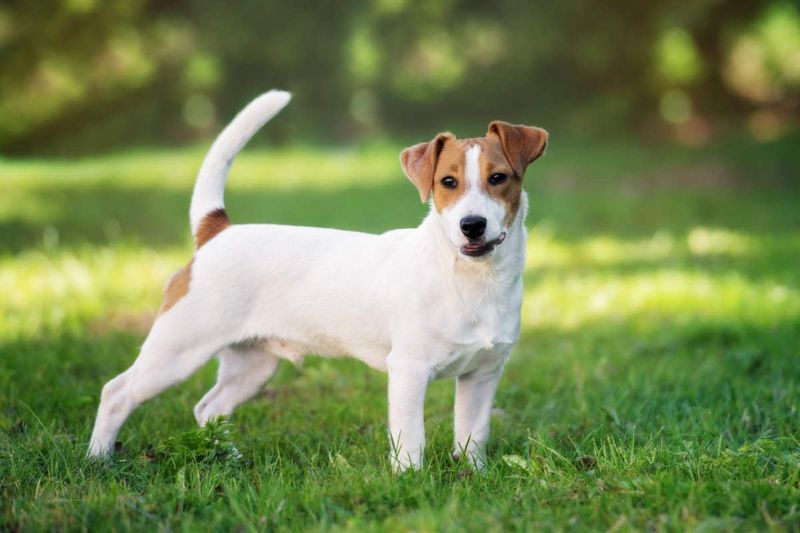
Jack Russell Terriers are energetic and intelligent, often charming owners with their zest for life. Yet, they can sometimes show aggressive tendencies, particularly if they are bored or under-stimulated. These dogs require plenty of exercise and mental challenges to keep their minds occupied.
Training them from an early age in a supportive environment is key. When their needs are met, Jack Russells can be loyal and delightful companions, fitting well into active households.
4. Pomeranian
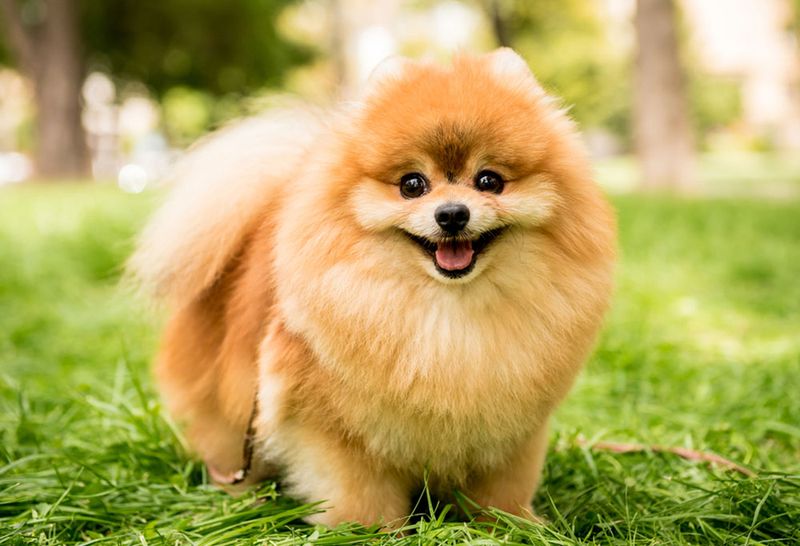
Pomeranians, with their fluffy coats and bright disposition, are undeniably cute. Still, they can exhibit aggression, often as a way to assert dominance. Proper training and socialization are crucial for these small dogs, as they tend to think of themselves as bigger than they are.
Ensuring they know their place in the pack can mitigate aggressive behaviors. A well-adjusted Pomeranian is a spirited and affectionate pet, eager to delight their owners with their playful antics.
5. Cocker Spaniel
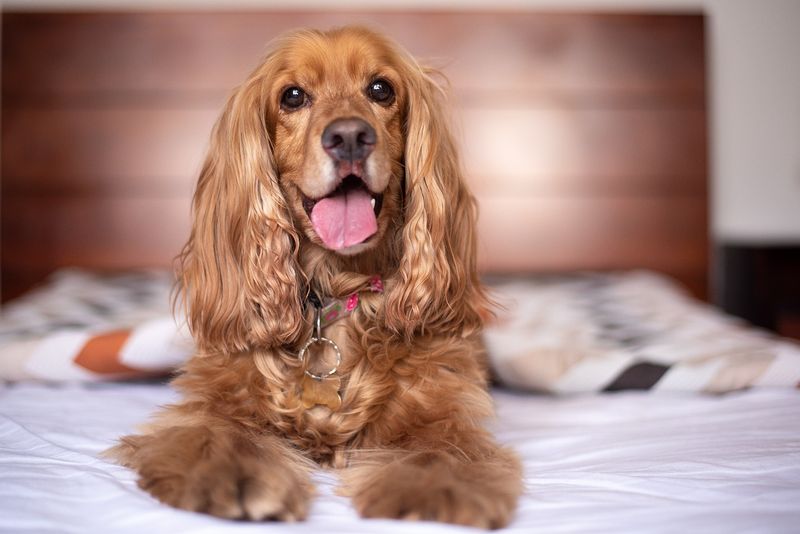
Cocker Spaniels are beloved for their gentle eyes and flowing coats, but they can sometimes surprise owners with aggression. This behavior can stem from fear or territorial instincts. Consistent training and positive reinforcement can help manage these issues.
By understanding their triggers, owners can create a peaceful environment where Cocker Spaniels feel secure. These dogs thrive on companionship and, when content, they become incredibly loving and loyal family members.
6. Beagle

Beagles are friendly and curious, known for their love of exploration. However, their strong hunting instincts can sometimes lead to aggressive behavior. Early socialization and obedience training are essential in preventing potential issues.
Beagles need plenty of exercise and engagement to channel their energy positively. When their needs are met, they transform into cheerful and affectionate companions, making them a joy to have around.
7. Shih Tzu
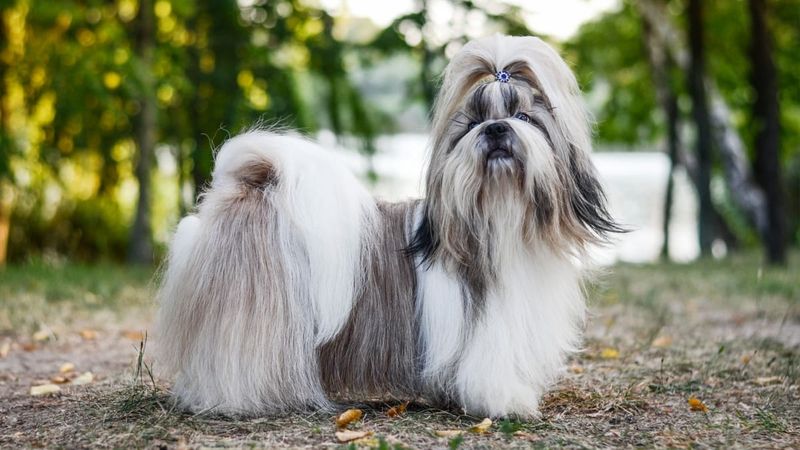
Shih Tzus are adored for their charming appearance and friendly nature. Occasionally, they can exhibit aggression, particularly if they feel neglected or uncomfortable. Regular socialization and gentle training can mitigate these behaviors.
It’s important for owners to recognize their needs for companionship and attention. With proper care, Shih Tzus become delightful and amiable pets, known for their loyalty and affection towards their families.
8. Papillon

Papillons are lively and intelligent, often winning hearts with their distinctive ears. Yet, they can exhibit aggression, especially if they are not properly socialized. Early and consistent training helps in nurturing their friendly disposition.
They thrive in environments where they receive ample mental stimulation. When their social needs are met, Papillons are affectionate and charming companions, easily fitting into family life.
9. Boston Terrier
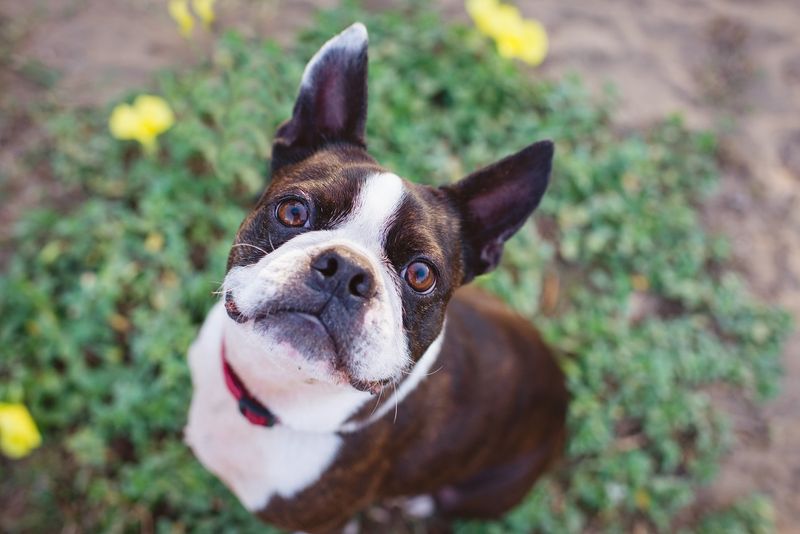
Boston Terriers are known for their friendly demeanor and tuxedo-like appearance. However, if not socialized early, they can develop aggressive tendencies. Training and exposure to various environments are crucial to prevent this.
They benefit from plenty of playtime and interaction. In a well-balanced environment, Boston Terriers are affectionate and loyal pets, bringing laughter and joy to their families with their playful nature.
10. Lhasa Apso
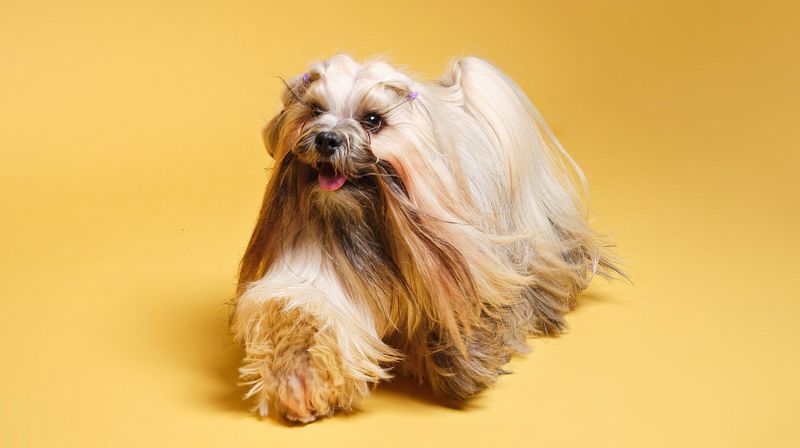
Lhasa Apsos are small yet assertive, often leading to unexpected aggression if not trained. Their history as sentinel dogs means they have a keen sense of alertness. Socialization and consistent boundaries are vital in managing their behavior.
In a nurturing environment, Lhasa Apsos develop into calm and devoted pets, known for their protective nature and affectionate loyalty towards their owners.
11. Miniature Pinscher
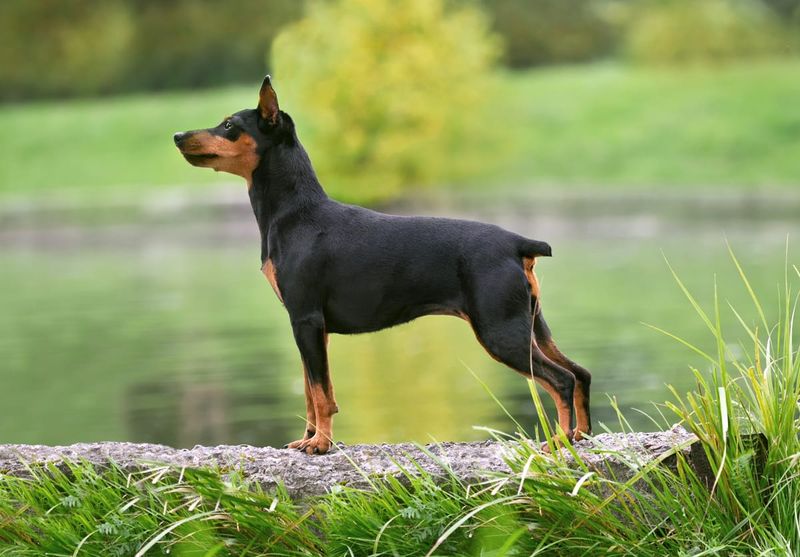
Miniature Pinschers, often called “Min Pins,” are spirited and confident dogs. Their bold nature can sometimes translate into aggression if not properly managed. Early training and socialization are key to helping them adjust.
They thrive in environments where they feel secure and understood. When their assertiveness is channeled positively, Miniature Pinschers become lively and loving companions, enriching their owners’ lives with their zestful presence.
12. Pekingese
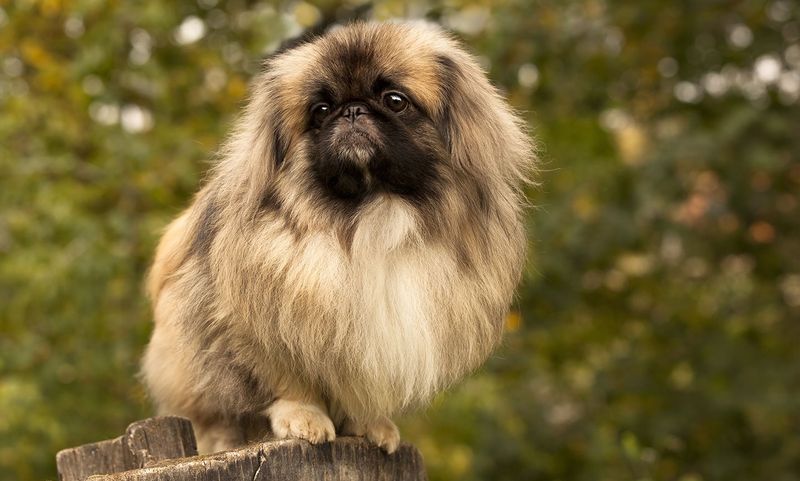
Pekingese are regal and dignified, often adored for their lion-like appearance. Despite their size, they can display aggression, usually stemming from overprotectiveness. Early socialization and training are essential to curb these tendencies.
Creating a stable and loving environment helps them feel secure. With the right approach, Pekingese become affectionate and loyal pets, offering companionship and warmth to their families.
13. Scottish Terrier
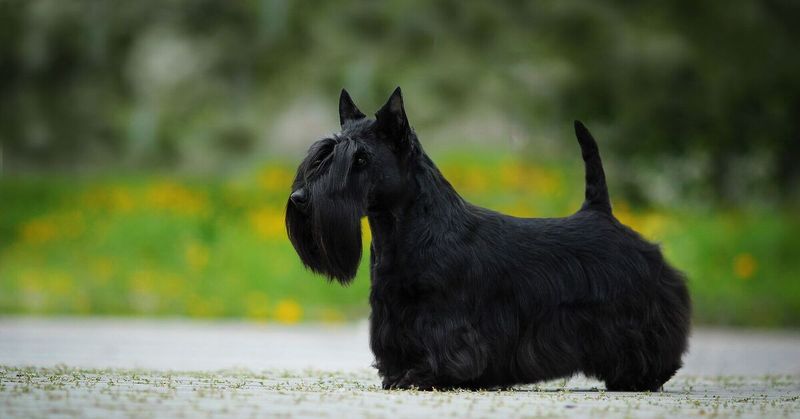
Scottish Terriers are independent and spirited, known for their distinctive silhouette. They can exhibit aggression if not properly socialized, often due to their strong-willed nature. Training them consistently helps in managing their behavior.
Scottish Terriers thrive in environments that respect their individuality. When understood and loved, they become devoted and charming companions, bringing a touch of elegance to any home.
14. West Highland White Terrier
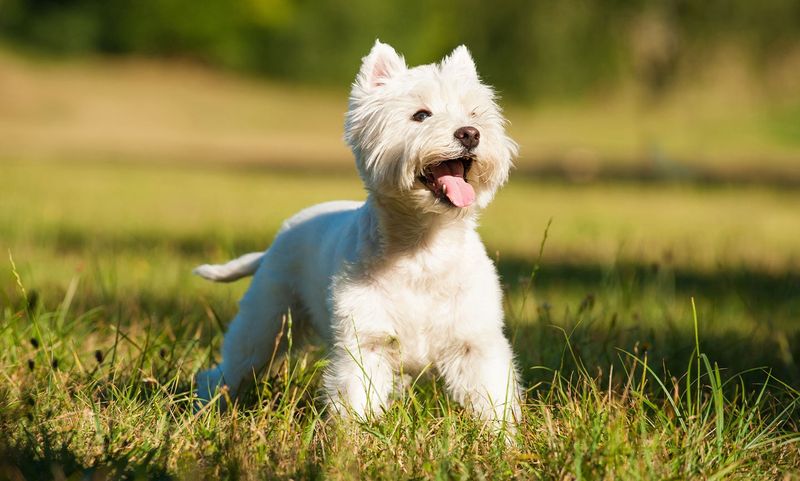
West Highland White Terriers, or “Westies,” are cheerful and robust dogs. Occasionally, they display aggression, often as a result of their assertive personalities. Regular socialization and training help mitigate these tendencies.
Westies need mental and physical stimulation to stay happy and balanced. In nurturing environments, they become friendly and loving pets, known for their playful antics and steadfast loyalty.
15. Yorkshire Terrier
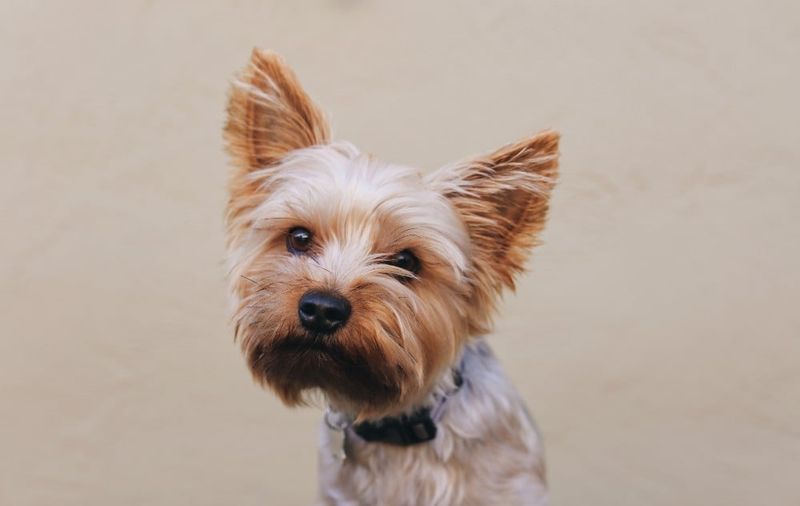
Yorkshire Terriers, or “Yorkies,” are small but full of personality. They can sometimes show aggression, usually when they feel threatened or territorial. Early socialization and training are crucial in curbing these behaviors.
Yorkies benefit from environments where their need for attention and engagement is met. With the right guidance, they transform into affectionate and sociable companions, charming everyone they meet with their spirited nature.
16. Maltese
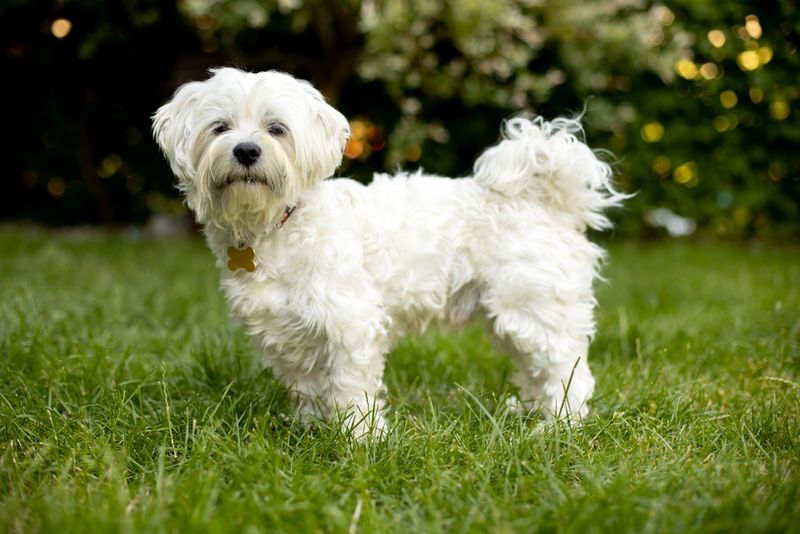
Maltese dogs are elegant and loving, cherished for their beautiful coats and gentle demeanor. Yet, they can exhibit aggression, often due to insecurity or lack of training. Socialization from a young age and consistent positive reinforcement are vital.
Maltese thrive in environments where they feel safe and cherished. When their needs are met, they become affectionate and devoted pets, bringing joy and serenity to their families.

